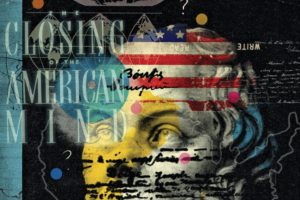 It’s tempting to sigh and type “thanks for coming out, hippie” but Gitlin was indeed one of those “contributors on the left” at the time…
It’s tempting to sigh and type “thanks for coming out, hippie” but Gitlin was indeed one of those “contributors on the left” at the time…
The tumult of his diatribe masked a grave problem of historical explanation. Many of the students in the ’60s Bloom deplored, the ones who participated in the “dismantling of the structure of rational inquiry as had the German university in the thirties,” were schooled on precisely those Great Books that were supposed to curb cultural relativism.
Mario Savio, the leader of Berkeley’s Free Speech Movement in 1964, was a philosophy major who knew his Plato cold.
You can rightly chastise the late-’60s rebels for getting their means-ends calculus wrong, but it wouldn’t be because their teachers failed to warn them against moral absolutism, or because the New Left was “a Nietzscheanized-Heidegger- ianized Left” that unthinkingly hated “bourgeois society.” By the way, Being and Time wasn’t even available in an English translation until 1962, rather too late to be turned into a manual for occupying university buildings. Heidegger had zero significance for the New Left (the movement did, however, gravitate to his onetime student Herbert Marcuse).
Paglia alludes to this: